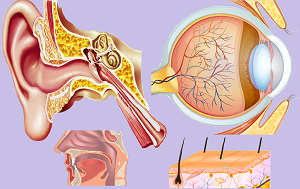Tag Archives: cybernetics
29 Mar Is Anything True or False

I like to use pictures in my posts. The more evocative they are, the better. Why? Because they may trigger brain activity in areas that may be otherwise untouched by my writing. In other posts, I speak of this brain activity as “patterns of activation” (Understanding, Vision, Enchanted, Flow). If we think in patterns (Tou 1974), […]
28 Mar Is Everything Black or White?

We have exercised our abstract ideas about that which is too big and chaotic for us to understand (everything), let’s take a glimpse at that which is so small and chaotic that we may never really figure it out: the workings of the mind. In the next few posts, we will examine different forms of logical […]
27 Mar Cognition and Emotion
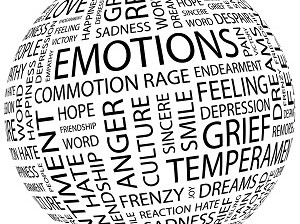
I’m conflicted. I suspect you are too. “Since the time of the ancient Greeks, humans have found it compelling to segregate reason from passion, thinking from feeling, cognition from emotion. These contrasting aspects… have in fact often been viewed as waging an inner battle for control of the human psyche” (LeDoux, 1996, p. 24). In earlier […]
22 Mar Common Sense and Thresholds

Finding Thresholds Threshold conditions are boundaries between states, and they exist everywhere, affecting everything. From a computational perspective, thresholds are a valuable tool for limiting the problem space to within manageable limits. In other words, knowing where the edges are can help us computationally color inside the lines. How could we determine a threshold? Observing, […]
19 Mar Fuzzy Logic Section Intro

Why do we find Mr. Spock, Commander Data or C3P0 so lovable? We have all known people like them: they are the ones who see the world in black and white. Spock had an excuse – he was a Vulcan who knew a lot. Computers, on the other hand, can be downright exasperating when they get […]
18 Mar Monkeys with Typewriters at the Threshold
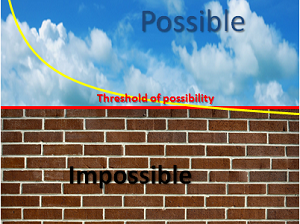
Monkeys and Machines What’s wrong with the random Hamlet? When is the last time you’ve seen monkeys with typewriters? First of all, we must ask if there is anything that is perfectly random. If there is, and it is not influenced by any physical law, then the asymptotic theory of random probability is valid, and […]
14 Mar That’s so Random!
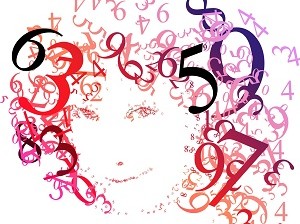
Random Probability Theory Some things are difficult to predict, and some are nearly impossible to predict. The further a thing gets from predictable, the more nearly it approaches randomness. It may seem silly to try to define chaos or randomness or anything that spends its entire existence trying to defy definition, but some of us […]
13 Mar Probability and Expectations
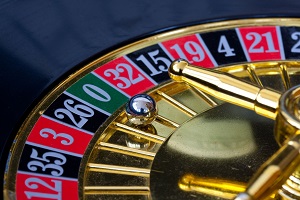
The sun is pretty likely to rise tomorrow – you can have confidence in that, but it is sometimes said that “there is no guarantee.” Scheduling meetings tomorrow based on the sunrise assumption is a safe bet, but there may be any number of other things that interfere with the meeting. Life is filled with […]
12 Mar Building a Concept Hierarchy
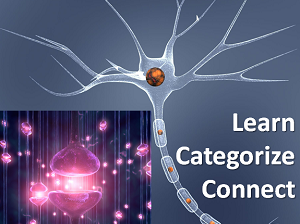
Existential knowledge, our knowledge of things that exist, is hierarchical. In other words, we categorize things into classes. Objects in these classes form the content of our thoughts. We have heard about the phylogenetic tree, the “tree of life” or the system of biological classification. This is a beautiful example of a regular taxonomy (irregular might have […]





